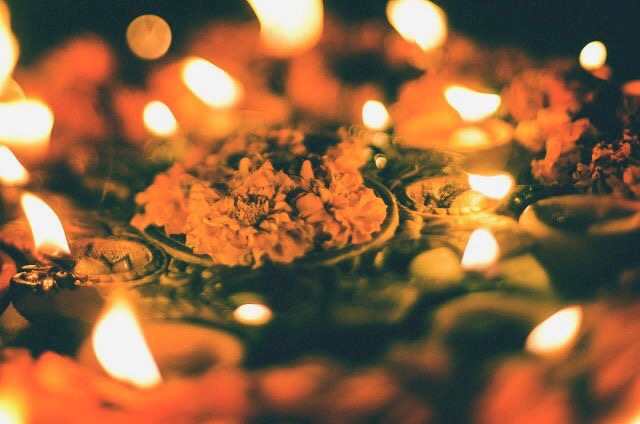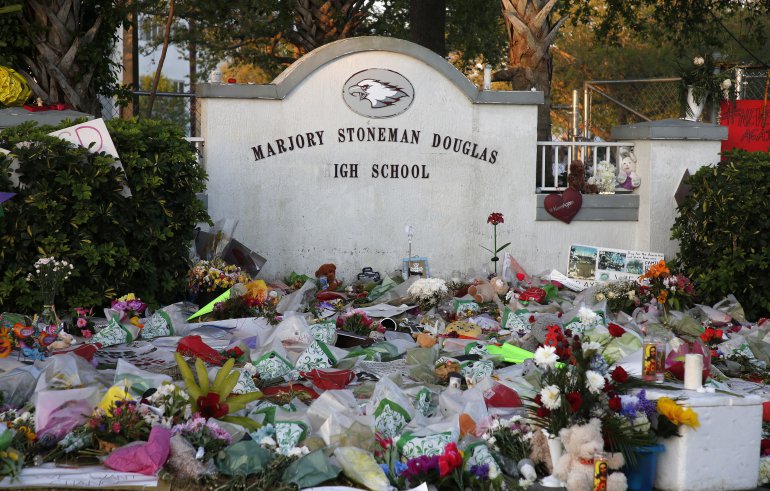TKN would like apologize for the publication error. Laveena Singh is the vice-president of the Hindu Student Association.
Amongst the many festivals celebrated by Hindus, one of the most anticipated is Diwali.
Diwali or Deepavali, which runs from Oct. 17 to Oct. 21, is known across the world as the festival of lights. Deepavali, a Sanskrit word, translates to a “series or row of lights.” It is five-day celebration, where the main festival night is celebrated on the night of the new moon, in the Hindu month of Kartik.
According to Hindu scriptures, Diwali celebrates the return of Lord Rama, his wife Sita Mata, his brother Lakshmana Ji and Lord Hanuman, to the city of Ayodhya, an ancient Indian city, after 14- year exile. Upon their return to Ayodhya, the gods and goddesses found their path illuminated with rows of small bowl-like oil lamps , or diyas. Some Hindu scriptures also associate Diwali with the birth of the goddess Lakshmi. Lakshmi Mata, a prominent deity worshipped during the time of Diwali, is known as the bestower of light, wealth, prosperity and peace on her devotees. Devotees pray to the goddess to provide not only monetary wealth, but also to illuminate the mind, body and soul, providing peace to one’s being.
Diwali is celebrated around the world, and every region its their own traditions and customs. During Diwali one sees homes and communities decorated with diyas, candles, and oil lamps. Individuals or communities may put on large firework displays, while temples, public spaces, and homes are decorated with colorful rangoli artworks, which are patterns created on the floor using colored rice or powder.
Temples and community centers highlight the performing arts, featuring performances that include traditional and religious song and dance. Many cook delicious foods and sweets which they share with family and friends. Gift exchanges are also quite common.
Devotees will often host a puja or religious ceremony in their homes to honor Lakshmi Mata. Hindus regularly give back to their community during this time, feeding the hungry and gifting items of clothing to those less fortunate.
Valerie Ramdhanie, a junior majoring in elementary education and sociology, and a practicing Christian,understands and respects the traditions of Diwali. “Diwali is the festival of lights, where families get together and eat, light diyas, and even (set off) fireworks,” she says. “ Hindus all around the world celebrate good over evil.”
When asked how she learned about the festival, Ramdhanie said, “I was born and raised in Trinidad & Tobago,and even though I am Christian my dad’s side of the family is Hindu. To show respect to my grandmother, my sister and I would respect the traditions and take part in celebrating with her.”
Laveena Singh, a sophomore majoring in fitness nutrition exercise science and vice-president of the Hindu Student Association at Queens College,is excited about the upcoming festivities.
“Diwali is one of my favorite times of year,” Singh said.
When asked what Diwali means to her, she said, “Diwali means opening your home and letting, not just the divine light of Lakshmi Mata in, but also the light of inspiration, guidance, love, peace, and compassion.”
The holiday often brings families together to celebrate the triumph of good over evil. Singh says her favorite part of Diwali is “spending time with family and indulging in amazing food and sweets and feeling the light from the goddess enter our homes. Everyone is just so happy and focused on the divine energy of Lakshmi Mata.”
Singh would like to invite the QC community to the Hindu Student Association Diwali Nagar on October 16. The event will take place during free hour in the Patio Room, located inside the Dining Hall.
There will be diya decorating, henna, a guest speaker, a dance performance by QC Fanaa and refreshments.
“Feel free to stop by, even if you do not practice Hinduism,” Singh says. “Come enjoy what Diwali is all about.”












